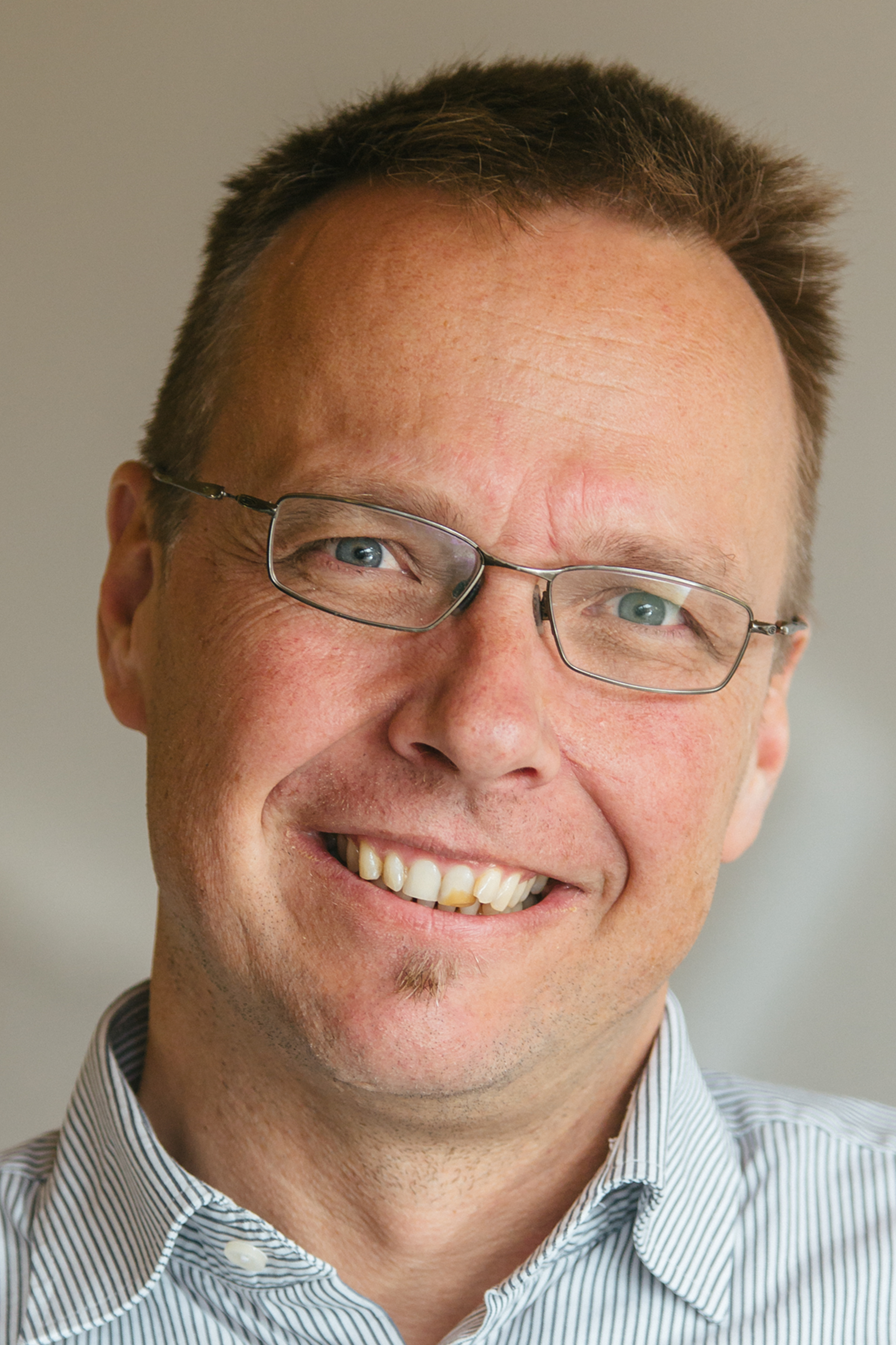News & Press
Chemist Ingo Krossing receives the ERC Advanced Grant for the construction of a universally applicable redox scale
Funding is 2.5 million euros, spanning over five years

Ingo Krossing. Photo: Sandra Meyndt
Prof. Dr. Ingo Krossing from the Institute of Inorganic and Analytical Chemistry at the University of Freiburg has received an Advanced Grant from the European Research Council (ERC) for his research on a universally applicable redox scale. Krossing's research project “InnoChem - Innocent Deelectronation Chemistry” will be funded with 2.5 million euros over a period of five years.
Research builds on ERC Advanced Grant to project “UniChem”
“The transfer of an electron is an elementary process whose energetics is fundamentally important in chemistry, life sciences as well as materials sciences. We want to explore how to bring this energetics in all solvents together to a single, universally applicable scale,” explains Krossing. In 2012, he and his team had already created the concept for a uniform redox scale that could be used to compare the electrochemical potentials of all substances. For this conceptual work, he received the ERC Advanced Grant “UniChem” in 2012.
Measuring energetics without extra-thermodynamic assumptions
In the current “InnoChem” project, the researchers seek to identify ways to measure energetics without extra-thermodynamic assumptions. In the process, they hope to crack the more than century-old problem of single-ion thermodynamics. The unified, solvent-independent redox scale makes knowledge-based reagent selection possible for any redox reaction in any environment. This will be used in the applied part of the project. “Reagents for innocent de-electronation, i.e., the removal of an electron at a high potential while preserving the structure, are hardly available at this point,” says Krossing. "Therefore, we make salts whose cations act as innocent deelectronators with high redox potential.” These reagents convert neutral molecules into so-called ‘naked’ cations, making them accessible for basic research or further potential applications. "Such reversible deelectronator-based redox processes at high potential are of interest for electrosynthesis and catalysis and are expected to make accessible reactions previously considered impossible,” says Krossing. To study and apply these processes extensively, his research team is establishing a solvent family compatible with the high potential of deelectronators and the reactive cation (intermediates) generated.
Through the “InnoChem” research project, Krossing’s team is building a bridge to understanding redox processes, which are not only of fundamental interest in chemistry, but are also relevant in any process involving the transfer of electrons, whether in redox enzyme cascades in the life sciences or in the charging and discharging of batteries in the materials sciences.
About Ingo Krossing
Ingo Krossing first received the ERC Advanced Grant in 2012 for the "UniChem" project. He has been Professor of Inorganic Chemistry at the University of Freiburg since 2006. He is a member of the Cluster of Excellence Living, Adaptive and Energy-autonomous Materials Systems (livMatS) at the University of Freiburg. In 2018, he was admitted to the Heidelberg Academy of Sciences and Humanities, and in 2020 to the Leopoldina National Academy of Sciences. After studying and earning his doctorate at Ludwig-Maximilians-Universität in Munich and a postdoc in Canada, he wrote his postdoctoral thesis at the Karlsruhe Institute of Technology. After two years as an assistant professor at the École Polytechnique Fédérale de Lausanne in Switzerland, he joined the University of Freiburg in 2006, where he is a member of the Freiburg Materials Research Center FMF and the Freiburg Center for Interactive Materials and Bioinspired Technologies FIT.
About the Cluster of Excellence livMatS
The Cluster of Excellence "Living, Adaptive and Energy-autonomous Materials Systems" (livMatS) at the University of Freiburg is developing life-like material systems inspired by nature. The systems will autonomously adapt to environmental conditions, extract clean energy from their surroundings, and be insensitive to damage or compensate for it on their own.
ERC press release
